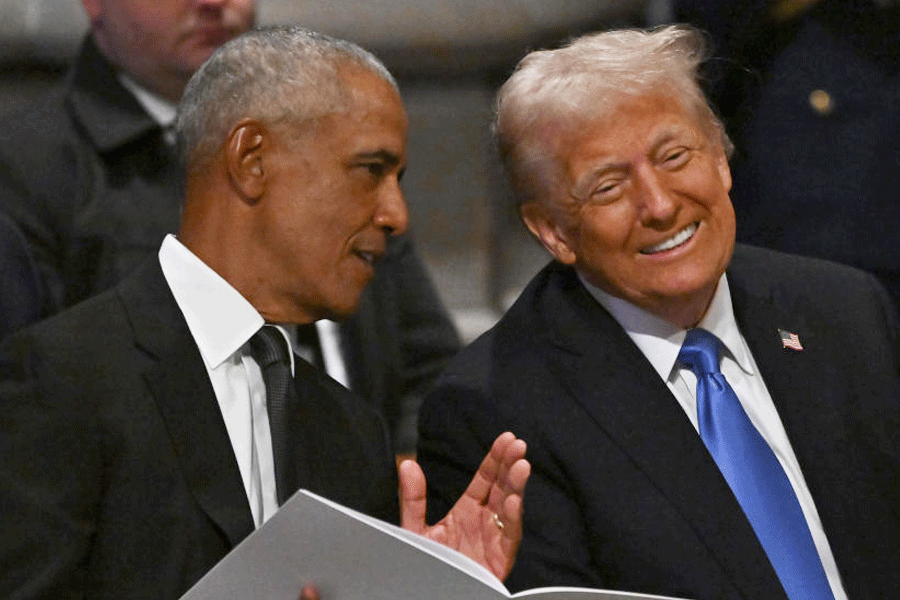 |
| RU vice chancellor LN Bhagat at the Tamil workshop in Ranchi last week |
Not many know that Jharkhand’s Kurukh dialect resembles Tamil, one of south India’s most revered and widely spoken languages.
Both in Kurukh and Tamil, “id” means “this”. Similarly, speakers of Kurukh and Tamil utter “ad” to imply “that”.
There are many words in the two languages that sound and mean the same.
Students and teachers of the tribal and regional language department of Ranchi University came across several interesting aspects of the two languages during a workshop that began on October 5.
In fact, the main objective behind organising the 12-day workshop has been to explore the common premise between the two languages, apparently distinct but sharing a close tie.
“There is a popular belief that our Kurukh belongs to the Dravidian family of languages. However, there has never been any practical session to demonstrate the veracity of this theory. So, this time we decided to hold a workshop to explore it,” said Hari Oraon, a teacher at the department.
Tamil scholar M. Govindarajan, who happens to be the general secretary of Bhasa Sangam, Allahabad, an outfit that works for Indian languages, was invited as a facilitator during the workshop.
According to Govindarajan, quite a few words of Kurukh are similar to Tamil.
If a Tamil speaker says “pu”, he means “flower”. A Kurukh speaker calls it “pup”.
If “nelai” in Tamil stands for “tomorrow”, Kurukh speakers say “nela” to mean the same.
“Kurukh’s uncanny resemblance with Tamil opens up a new horizon for linguists to explore. This whole exercise will help Kurukh scholars find the origin and history of their language. It will also help develop this tribal dialect and bring to fore the heritage and culture of the people who speak Kurukh,” said Govindarajan.
Bablu Tirkey, a research scholar and workshop participant, believes the exercise will prove beneficial for Kurukh.
“It has been a learning experience. We have drawn up a list of similar words to understand the relationship between Kurukh and Tamil better,” Tirkey said.










